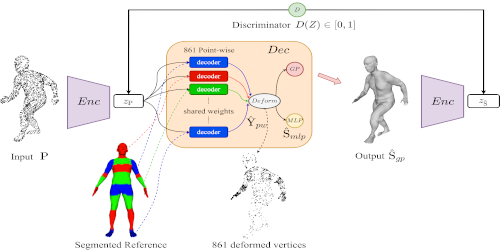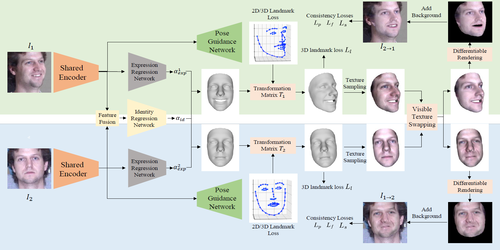SpotPatch: Parameter-Efficient Transfer Learning for Mobile Object Detection
Keren Ye (University of Pittsburgh)*, Adriana Kovashka (University of Pittsburgh), Mark Sandler (Google), Menglong Zhu (UPenn), Andrew Howard (Google), Marco Fornoni (Google)
Keywords: Applications of Computer Vision, Vision for X
Abstract:
Deep learning based object detectors are commonly deployed on mobile devices to solve a variety of tasks. For maximum accuracy, each detector is usually trained to solve one single specific task, and comes with a completely independent set of parameters. While this guarantees high performance, it is also highly inefficient, as each model has to be separately downloaded and stored. In this paper we address the question: can task-specific detectors be trained and represented as a shared set of weights, plus a very small set of additional weights for each task? The main contributions of this paper are the following: 1) we perform the first systematic study of parameter-efficient transfer learning techniques for object detection problems; 2) we propose a technique to learn a model patch with a size that is dependent on the difficulty of the task to be learned, and validate our approach on 10 different object detection tasks. Our approach achieves similar accuracy as previously proposed approaches, while being significantly more compact.
SlidesLive
Similar Papers
Adaptive Spotting: Deep Reinforcement Object Search in 3D Point Clouds
Onkar Krishna (NTT Corporation, Japan)*, Go Irie (NTT Corporation), Xiaomeng Wu (NTT Corporation), Takahito Kawanishi (NTT Corporation), Kunio Kashino (NTT Communication Science Laboratories)

Reconstructing Human Body Mesh from Point Clouds by Adversarial GP Network
Boyao Zhou (Inria)*, Jean-Sebastien Franco (INRIA), Federica Bogo (Microsoft), Bugra Tekin (Microsoft), Edmond Boyer (Inria)

Learning 3D Face Reconstruction with a Pose Guidance Network
Pengpeng Liu (The Chinese University of Hong Kong)*, Xintong Han (Malong Technologies), Michael Lyu (The Chinese University of Hong Kong), Irwin King (The Chinese University of Hong Kong), Jia Xu (Huya AI)
